
A Beginner’s Guide to Attending Your First Comedy Club
16 min read Discover essential tips and etiquette for experiencing your first comedy club night with confidence and fun. (0 Reviews)
A Beginner’s Guide to Attending Your First Comedy Club
Laughter truly is the best medicine, and there’s no place better to catch the contagion than at a live comedy club. But if you've never set foot inside one, the idea may feel intimidating. What should you expect? How can you ensure a memorable, positive experience? Whether you're a fan of stand-up specials or just curious about live performance, this guide has you covered, with actionable advice and real-world insights for comedy club novices ready to take the plunge.
The Magic of Live Comedy
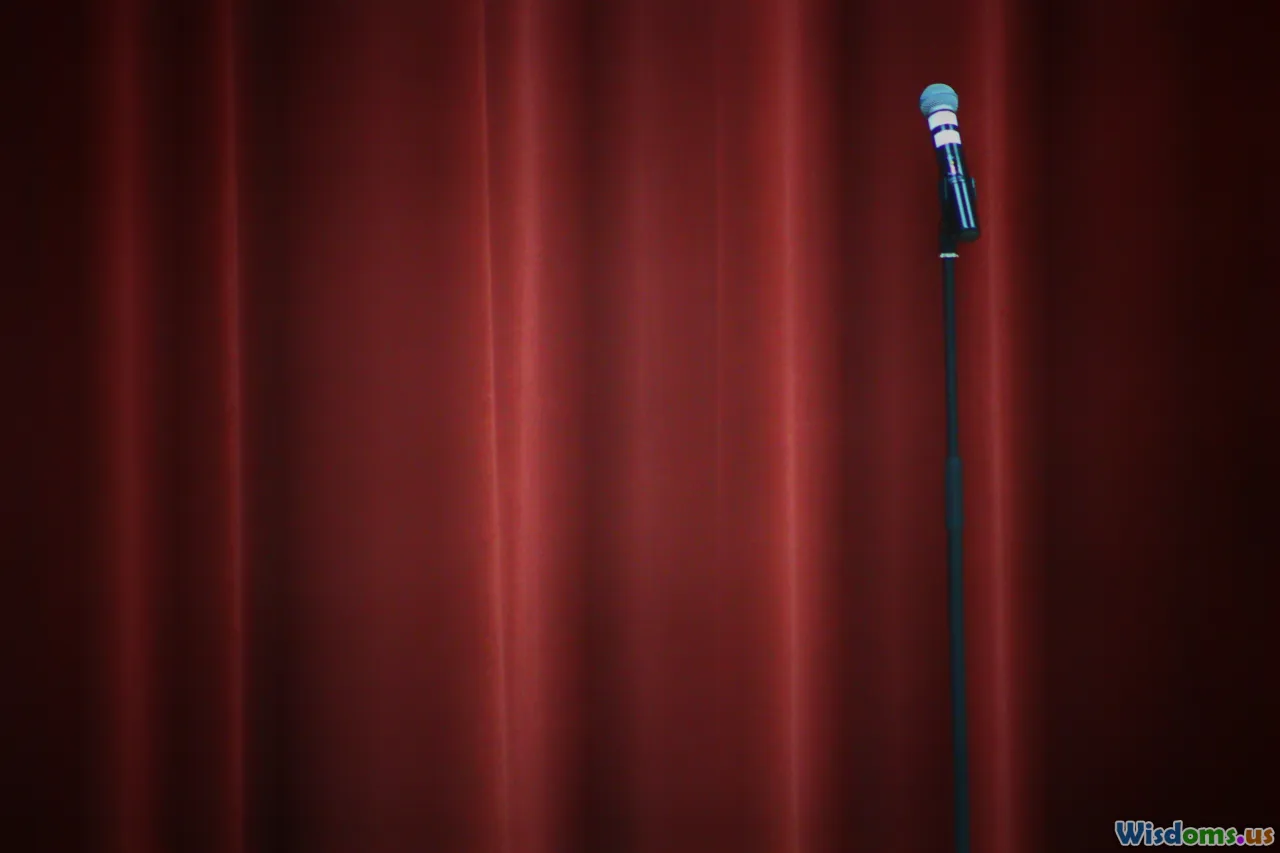
Comedy podcasts and streaming specials may fill your playlist, but nothing compares to the immediacy and energy of live stand-up. When you walk into a comedy club, you become part of a unique, shared moment, with the audience's reactions influencing each joke and the comic adapting in real time. This electric interplay is the heart of stand-up, and your laughter—genuine or nervous—helps shape the show.
For example, Texas’s legendary Comedy Mothership, or New York’s Comedy Cellar, are known for their intimate settings, famed drop-in comics, and energetic crowds. But regardless of fame, even your local club creates a space where new talents are born and seasoned veterans try out new material. Many famous comedians, from Ali Wong to Pete Davidson, credit small club audiences for helping them hone their craft.
Decoding the Comedy Club Experience

When planning your first visit, understanding the basics helps you avoid common pitfalls. Most clubs operate on a reservation basis, especially for headliner performances. Some enforce a two-drink or one-item minimum—meaning you’ll need to buy from the menu, alcohol not required. Scan the club’s website in advance for specifics about ticket pricing, age restrictions (many are 18+, some 21+), and seating arrangements.
Expect small, cozy tables close to the stage; laughter spreads best in tight quarters! Some clubs assign seats, while others work on a general admission or “first come, first served” basis, encouraging you to arrive early for a better spot. A typical club can host between 80 and 400 people, fostering an intimate yet vibrant environment.
Real example: At Chicago’s famous Laugh Factory, arriving 30 to 45 minutes early increases your chances of sitting up front, enhancing your connection with the performers.
What to Wear: Dress Codes and Comfort
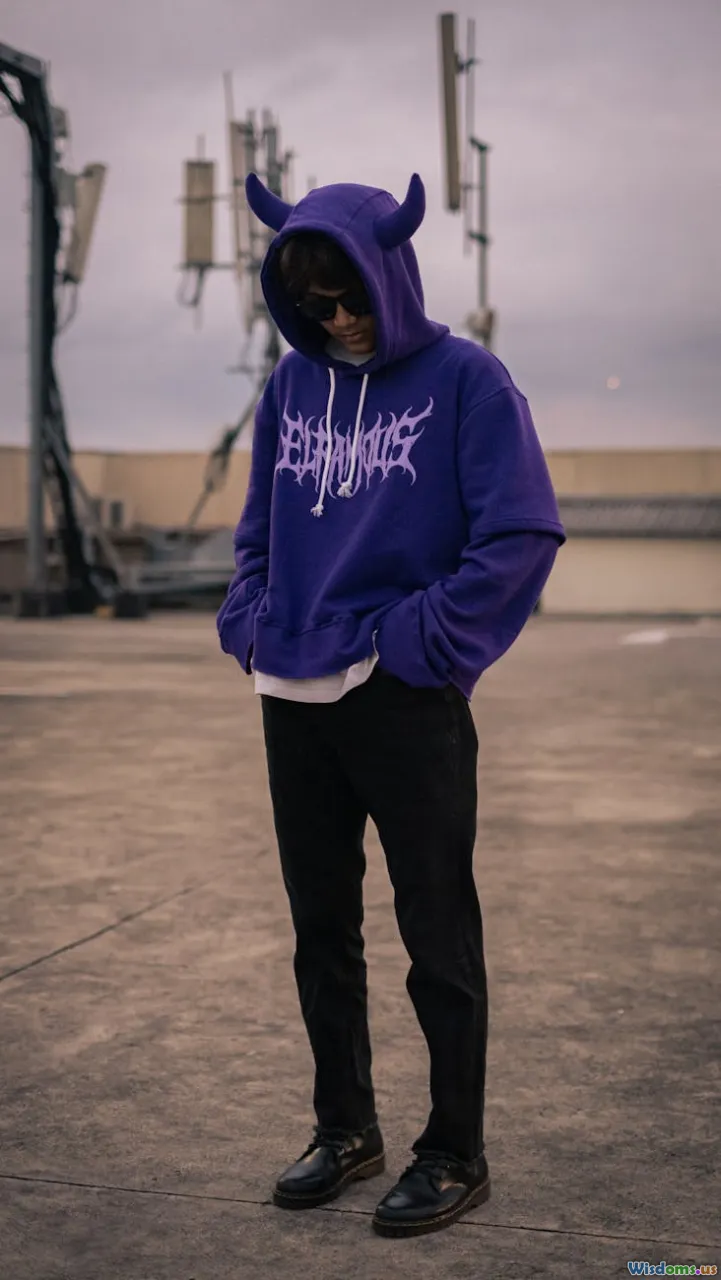
Nervous about sticking out in the crowd? Good news: comedy clubs rarely demand formal attire. Most people wear smart-casual outfits that balance comfort and readiness for a night out. Think jeans or slacks, clean tees or collared shirts, and a light jacket—clubs tend to keep it chilly. Unless visiting a high-end venue in Las Vegas or a famous spot in Hollywood, skip the business suit.
Sneakers or comfortable shoes are best, as standing in foyer lines or shuffling between tables is common. If you’re unsure, check out the club’s Instagram; the crowd shots often reveal the prevailing style.
Choosing the Right Night and Show

Comedy club schedules often feature a rotation:
- Open Mic Nights: Amateur and aspiring comedians showcase original material. It’s a grab bag—expect uneven sets and unpredictable laughs, but you could witness the next breakout star’s debut.
- Showcase Nights: Several comedians (usually more experienced) perform in one evening. This is the sweet spot for first-time attendees—variety and consistent talent.
- Headliner Shows: Well-known or touring comedians take center stage. Generally pricier, but you’re likely to see seasoned pros delivering refined material.
For your first visit, a showcase or local pro night is often best. You’ll experience a full spectrum of comedic styles, and the atmosphere is upbeat with supportive crowds.
Cities like Austin, London, and Melbourne feature regular themed nights—check for things like “Women of Comedy,” “Comedy for a Cause,” or “Roast Battles” for a unique twist.
Navigating Seating: To the Front or Back?

The age-old question: should you sit up front? While nothing beats the immersive experience of being close to the action, beware—some comics love to interact (tease, joke, or question). Shyness is respected, but sitting up front comes with a good-natured risk of becoming part of the show. That said, the spotlight (figurative and literal) is often less harsh than in legend.
In most venues, staff will guide you to available seats if you reserve late, but arriving early ensures options. For those who want to enjoy without direct interaction, aim for middle seats for the best sound, sightlines, and safety.
Comedy Club Etiquette: Dos and Don’ts
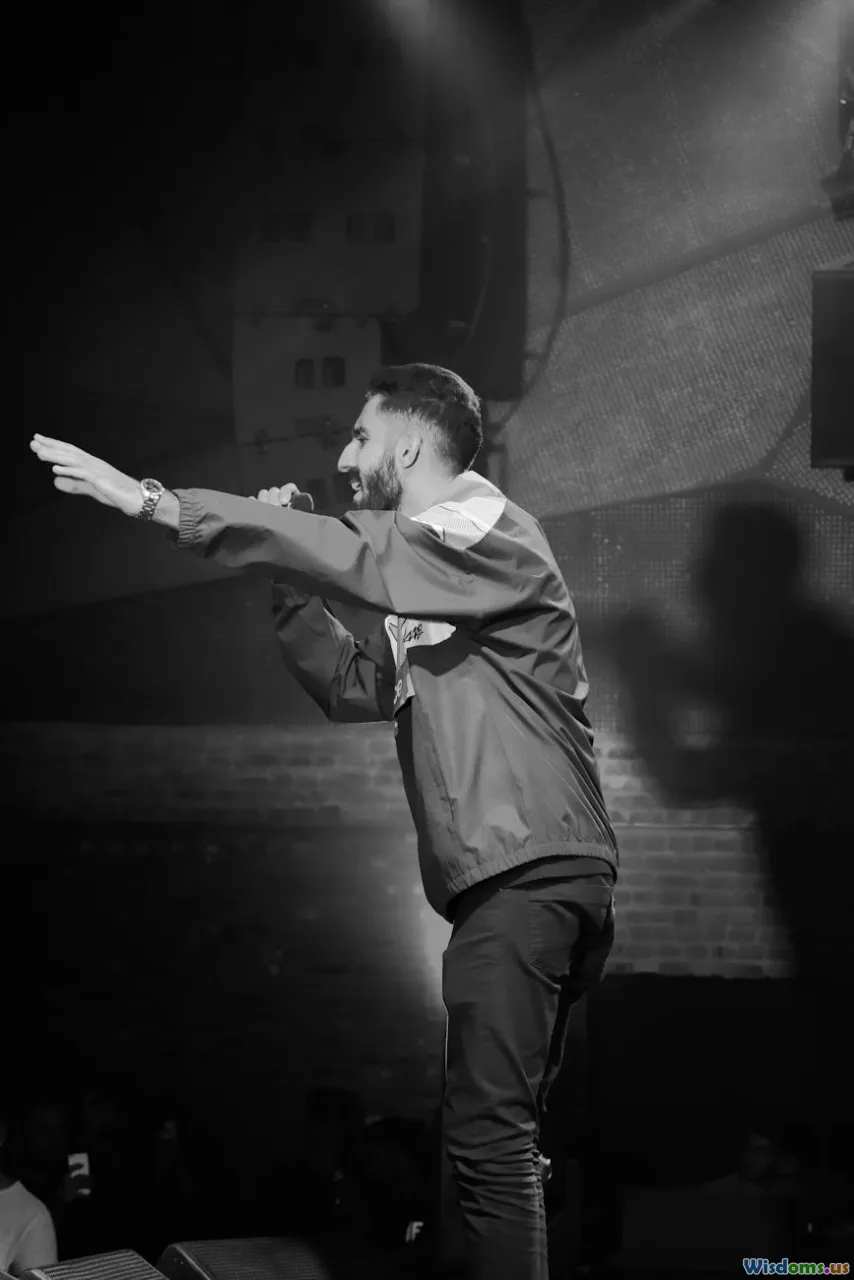
Live comedy thrives on attentive, respectful audiences. Here are essential etiquette points:
-
Switch your phone to silent. Glowing screens and ringing phones break the mood, and comics will likely use that slip as fodder for on-the-spot jokes.
-
Don’t heckle. Contrary to the brash TV depictions, heckling is considered rude and disruptive. Skilled comics can shut hecklers down, but it disrupts the rhythm and can spoil the experience for others.
-
Avoid non-essential talking. Chatting, even in whispers, distracts both performers and audience.
-
Be aware of the staff. Servers move quietly between tables taking orders and delivering drinks. Keep your table organized for smooth service.
-
Don’t record sets. Some clubs outright ban recordings and photos. Comedians often test new material and don’t want unfinished work online.
Above all, be part of the shared experience—respond authentically with laughter, groans, or surprise. Your engagement helps shape the performance.
Tipping and the Tab: How Payment Works

Most comedy clubs employ table service. Expect to pay as you go or settle your tab after the show. Standard tipping for servers is 15–20%, similar to bars or casual restaurants. Even if drinks are pricey or there’s a minimum spend, tips are appreciated. Some places add gratuity for large groups, so check your bill.
Supporting clubs through food and beverage sales also keeps the operation—and local comedy—alive, especially as ticket prices don’t always cover costs. Fun fact: In 1980s New York, clubs survived primarily on liquor sales, a tradition that continues today, blending commerce with comedy.
Finding the Best Seats for Your Experience
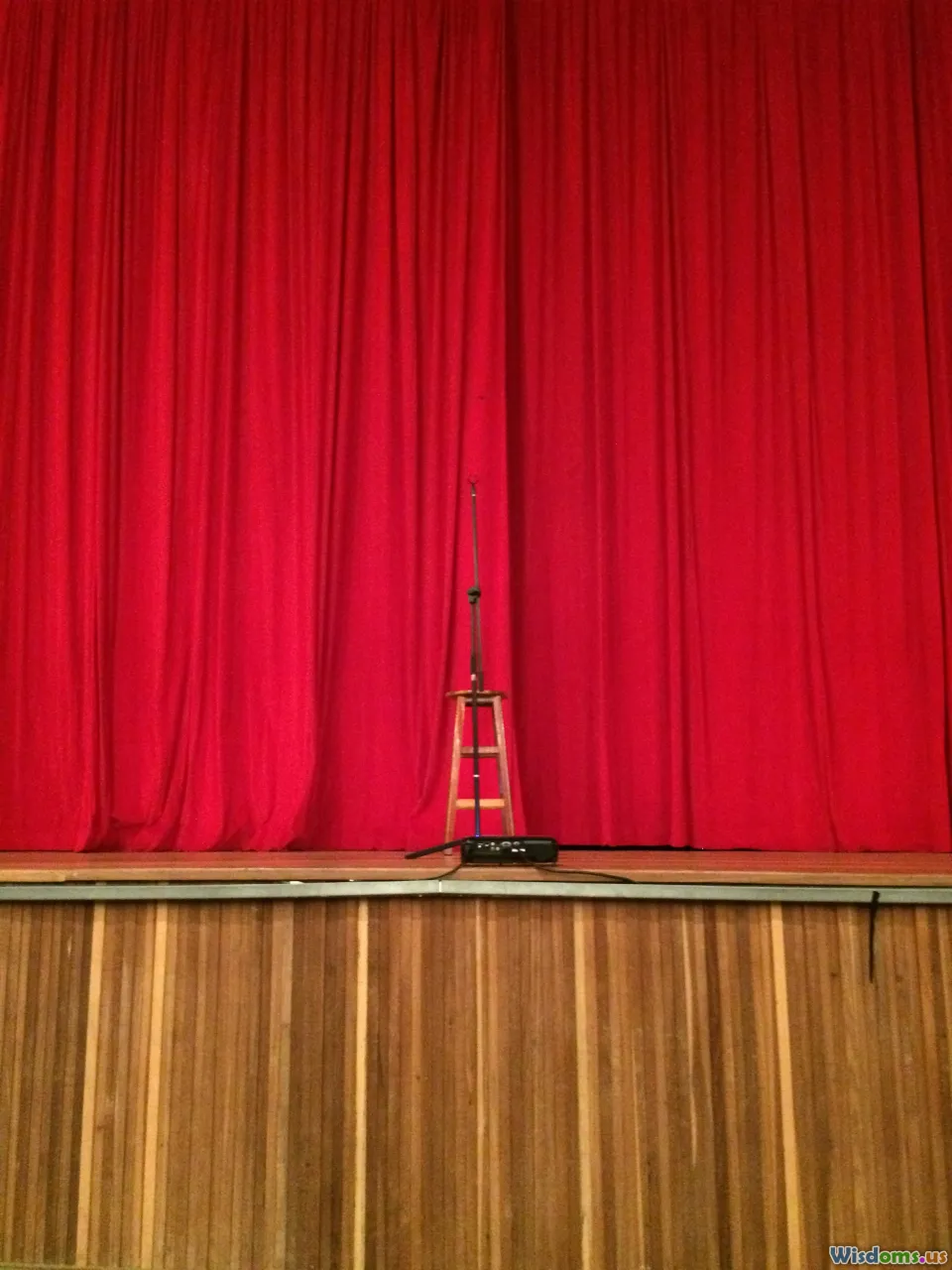
Scout the venue layout if possible—many clubs publish seating charts. Consider:
- Sound Quality: Sit near speakers or in the center for crisp audio.
- Table Size: Smaller tables offer cozy, distraction-free viewing.
- Exit Proximity: If you’re nervous, sitting near the aisle or back allows an easy, unobtrusive exit.
- Visibility: Watch for columns or other sightline obstructions—a minor issue, but worth a glance.
Multiple clubs use creative seating setups to maximize both intimacy and visibility; in the UK, traditional cabaret arrangements—with drinks on low tables and candlelight—remain a mainstay.
Engaging With the Show: How Not To Be "That Person"

While respectful silence is important, comics feed off the crowd. Laugh (or don’t!) honestly, groan at punchlines, and don't fear expressing surprise. Performers love an engaged, but not disruptive, audience. Avoid:
- Excessive heckling or shouting out punchlines.
- Trying to 'one-up' the comic—the stage is their domain.
- Bringing small children—material is rarely appropriate and younger guests can be distracting.
Instead, foster a supportive atmosphere by cheering, applauding, and enjoying the ride. Remember, even adverse crowd reactions offer comics valuable feedback as they sharpen their routines.
After the Show: Meeting Comedians and Encore Opportunities

Many comedy clubs foster a welcoming post-show environment. Comics may mingle in the foyer or at the club bar, open to photos, book signings, or friendly conversation. Don’t miss out on:
- Meet-and-greet lines: Especially after smaller shows, comics may chat and thank attendees. Be respectful of their time but feel free to offer genuine feedback—many appreciate it.
- Future show announcements: Ask about other up-coming acts or open mics if you’re curious about the local scene or even interested in trying your own hand at stand-up.
Examples abound of top comedians building relationships with fans—Hannah Gadsby often meets guests for selfies, and smaller acts almost always welcome conversation. Just remember, comics (and staff) are people too—graciousness goes a long way.
What to Expect Emotionally: It's Not Just Laughter

Not every comedy joke lands the same for all—from belly laughs to thoughtful silence, stand-up material covers a host of topics, often sensitive or controversial. Strong language, taboo topics, or satirical takes on politics might emerge, so keep an open mind and flexible sense of humor.
Comedy can bring cathartic laughter, surprising insight, or, rarely, discomfort. Give yourself permission to not find every bit hilarious; different acts appeal to different tastes. Since comedians need to stretch boundaries to discover what works, clubs remain testing grounds. Think of less-funny bits as setting the stage for gems.
Budget-Friendly Laughter: Making Comedy Clubs Affordable

A night out doesn’t have to break the bank. Look for:
- Off-peak specials: Early week nights often feature discounted entry.
- Package deals: Dinner-and-show or group rates if you're bringing friends.
- Student/industry discounts: Present your ID or check club sites—it never hurts to ask.
- Social media giveaways: Clubs frequently run contests or promotions for free or discounted tickets.
At Denver Comedy Works, for example, Monday open mics are frequently $5 or less—an ideal, low-risk introduction.
Jokes Aside: Why Comedy Clubs Matter
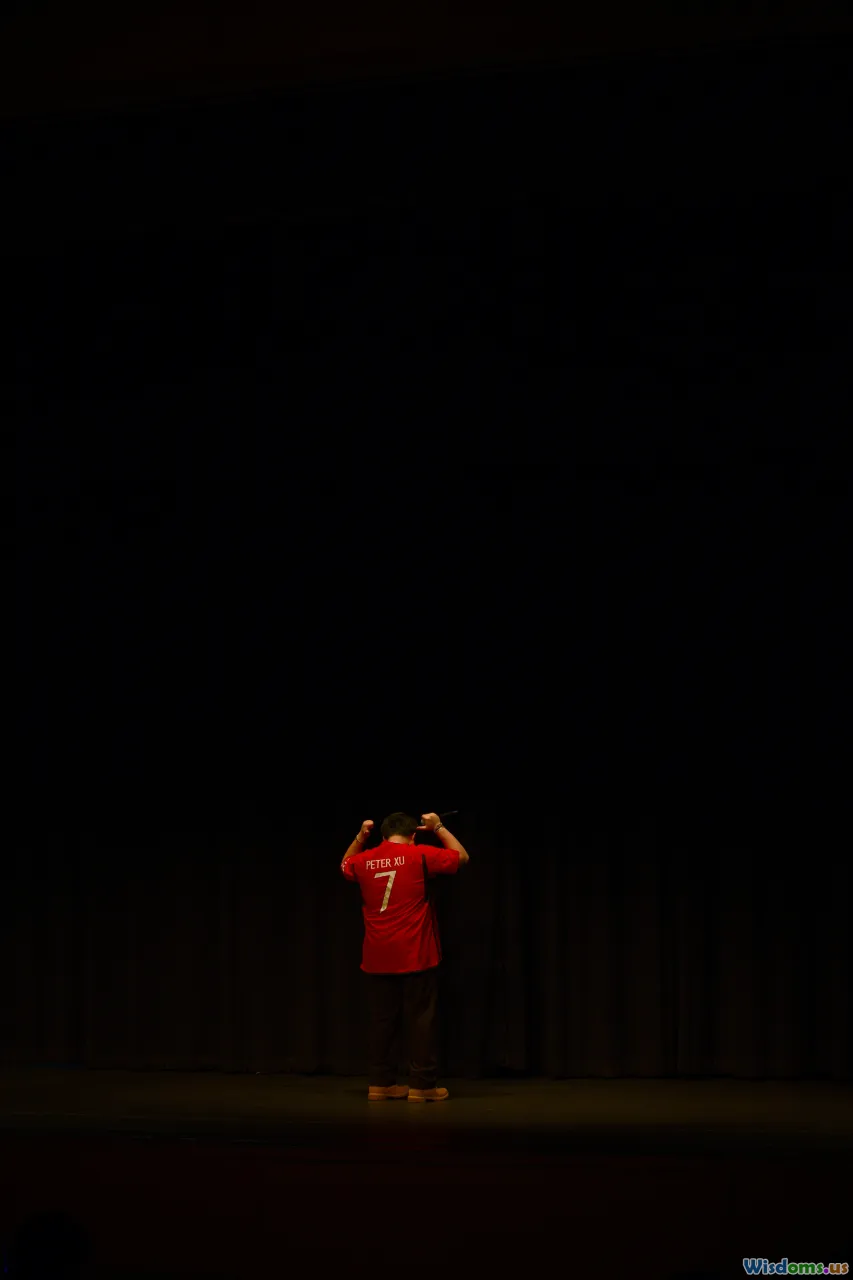
Beyond entertainment, comedy clubs serve as communal forums—places where ideas, frustrations, and unique viewpoints spark dialogue. Many historic movements, from civil rights to LGBTQ+ pride, found voice and validation through comedy. Stand-up helped break down racial boundaries at San Francisco’s legendary Purple Onion, launched countless TV and film careers, and gives voice to the underrepresented in today's scene.
Supporting local clubs isn’t just fun—it's an investment in creativity and free expression. You might catch a new legend in the making.
Your first comedy club experience promises electric energy, unpredictable hilarity, and indelible memories—regardless of which act you catch. Immerse yourself, embrace the quirks, and above all, allow the room to work its magic. Laughter shared with strangers (and maybe a few future friends) could just be the best night out you didn’t know you needed.
Rate the Post
User Reviews
Other posts in Comedy & Stand-up
Popular Posts
















